QuestionHi Jessica. In advance, thank you for your time. We currently have a relatively new cat (about 1.5 yrs). She has some extra toes and sometimes has problems when her nails catch on fabric. She will generally pull and yank until she can free herself, rather than re-tract her nails. Recently, she has been lifting her paw when she stands and kinda limps when she walks. She is still VERY active but with the colder weather, she has been hopping. When we rub her leg and paw she doesn't react and her hopping is very random. Could this just be a pulled muscle, or something major? Is there something we can do (home remedy) to test this, or should we just take her in?
AnswerHi Brian. It sounds like a case for the vet. She may have pulled a tendon or muscle that is causing some soreness, if her nails got caught on something. In this case, an anti-inflammatory pain medication might be in order.
If the affected leg is a rear one, she could be suffering from a luxating patella, a knee cap which slips out of place. This can be due to loose ligaments or a too-shallow groove in the bones forming the knee. Cats may appear stiff-legged, unable to walk or will limp when their knee caps are luxated. But the knee caps often move back into place after a short time, and the episode seems to resolve, at least for a while. Cats who suffer only periodic problems with luxating patellas and who don't seem to be in much pain don't always need treatment, but a supplement to prevent arthritis, like Cosequin, may be wise. Those who have chronic problems or who have pain associated with the condition are best to have the problem corrected surgically.
Also, be sure to check her nails to make sure none are ingrown. In a couple of my polydactyl cats, I've found their nails have grown and curled right into their paw pads, causing excruciating puncture wounds! If you do find an ingrown nail, it's probably best to have the vet treat it, since these are very prone to infection. Some foot soaks and an antibiotic might be warranted.
There is a viral infection that can cause muscle soreness and lameness, called calici virus. If the vet finds your kitty has a fever during the exam, this might be a suspect. Although it's a virus and can't be cured, it carries the potential for bacterial complications, so most vets prescribe an antibiotic.
I hope all turns out well!
Jessica

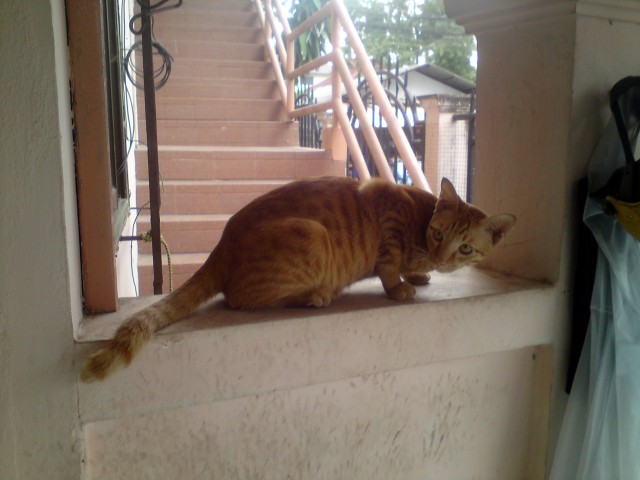 Ocicat
Question
Sesame
My daughter is currently living in Thai
Ocicat
Question
Sesame
My daughter is currently living in Thai
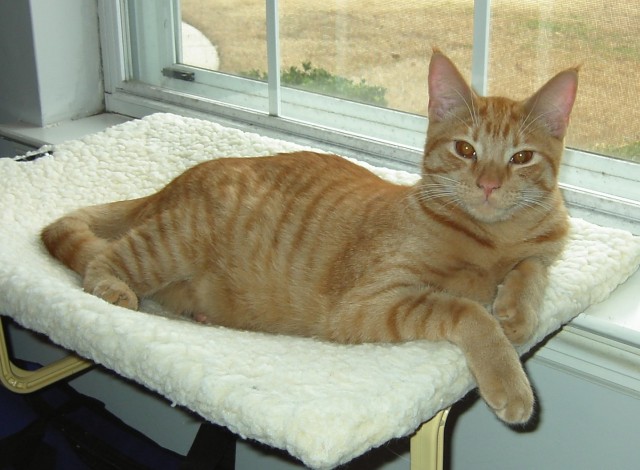 Lost Cat questions
QuestionRusty
QUESTION: Ali,
My new
Lost Cat questions
QuestionRusty
QUESTION: Ali,
My new
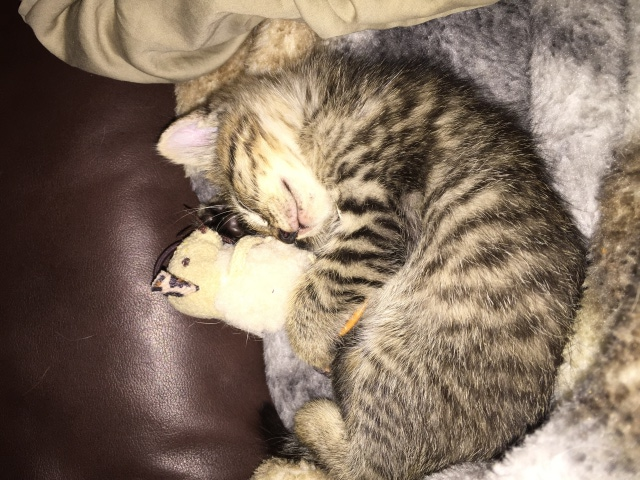 Found 4-5 week old kitten
Question
Chloe
Hi. We found a 4-5 week old kitte
Found 4-5 week old kitten
Question
Chloe
Hi. We found a 4-5 week old kitte
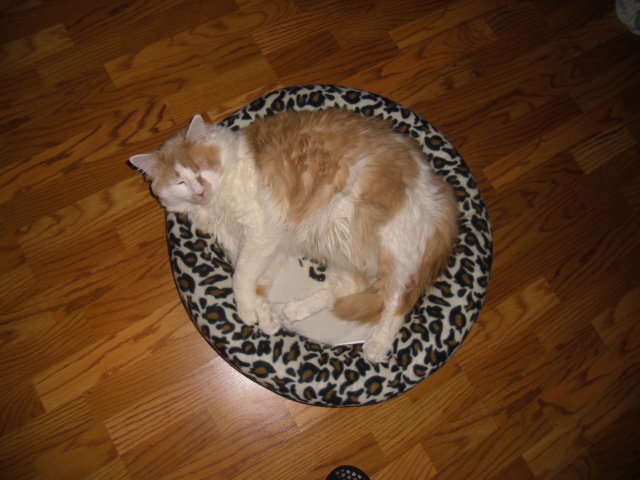 Cats Fighting
Question
Big Cat
Hello.i have a cat named lucky.he is a
Cats Fighting
Question
Big Cat
Hello.i have a cat named lucky.he is a
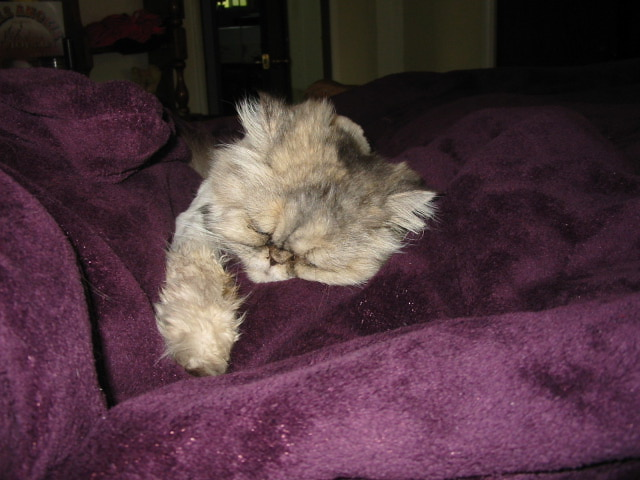 stuffy nose on my persian
QuestionTiffany
QUESTION: My cat Tiffany is 12 y
stuffy nose on my persian
QuestionTiffany
QUESTION: My cat Tiffany is 12 y